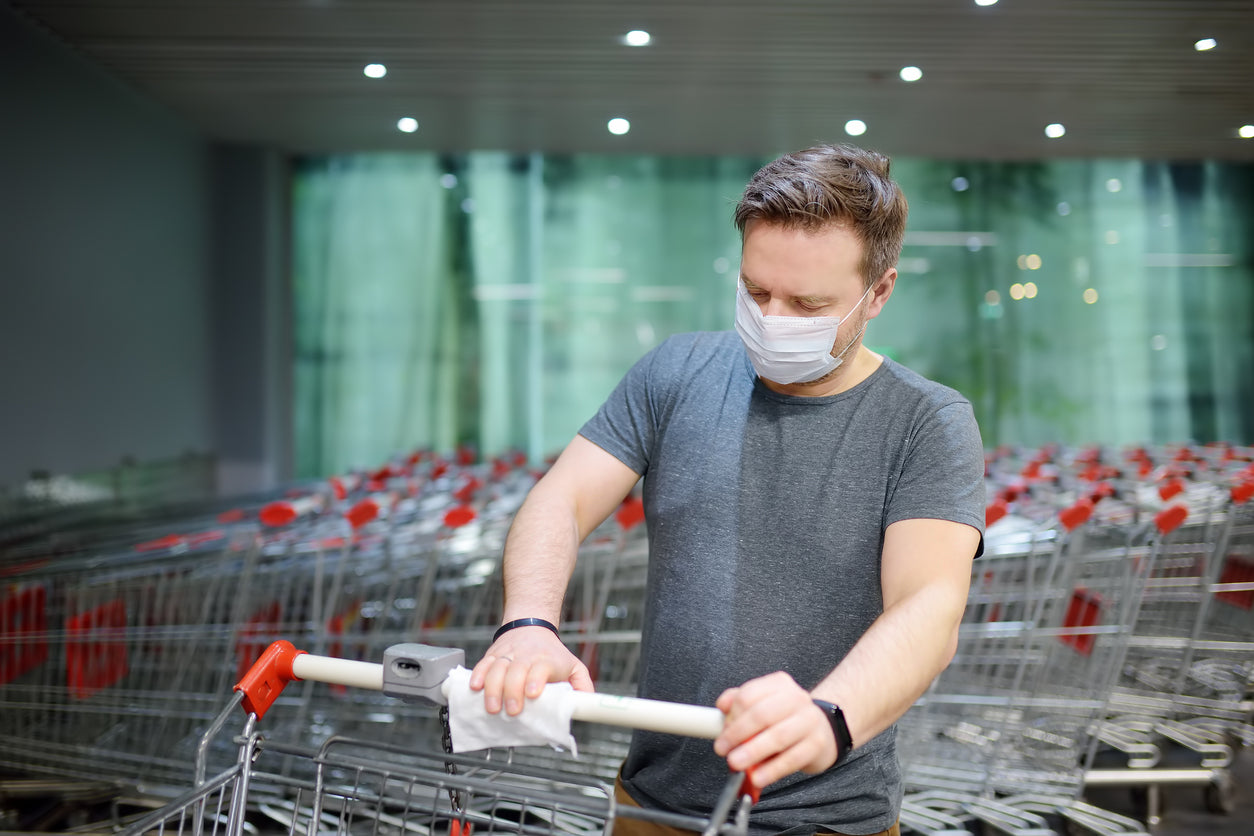While COVID-19 is no longer a global emergency, wearing disposable face masks can still be necessary or beneficial in certain situations, even in a post-pandemic world. There are several scenarios where masks may continue to play a role in safeguarding health and hygiene:
1. Protection Against Other Respiratory Illnesses
Masks are effective at reducing the spread of other respiratory illnesses, such as influenza and common colds. Even after COVID-19, seasonal flu and other viral infections can spread quickly in crowded or enclosed environments. Wearing a mask can help minimize the risk of transmitting or contracting these viruses, especially during flu season.
2. High-Risk Environments
Masks remain crucial in settings where individuals are exposed to airborne contaminants, such as:
- Healthcare facilities: Medical professionals, patients, and visitors in hospitals or clinics may still need to wear disposable masks to prevent infection transmission.
- Crowded or enclosed spaces: Public transport, airports, or crowded indoor events are places where masks might still be advisable for personal protection, particularly for those with compromised immune systems.
3. Allergies and Air Pollution
In areas with high levels of air pollution or during events like wildfires, disposable masks can filter out particulates and allergens, helping people avoid respiratory irritation or exacerbating pre-existing conditions like asthma.
4. Workplace Requirements
Some industries, like construction, manufacturing, or chemical processing, have always required disposable masks or respirators to protect workers from dust, chemicals, or harmful particulates. Masks in these environments are part of personal protective equipment (PPE) guidelines and are essential for worker safety.
5. Personal Comfort and Choice
For some individuals, wearing a mask provides a sense of comfort and protection in certain situations, even if it’s no longer mandated. People may choose to wear them when feeling under the weather to prevent spreading germs to others or in settings where they feel exposed to potential health risks.
Conclusion:
While the widespread need for disposable masks has diminished, they are still relevant in certain high-risk or crowded environments, workplaces, or for personal health and safety. Whether for protection against common illnesses, air pollution, or workplace hazards, disposable face masks continue to have a role beyond the COVID-19 pandemic.

